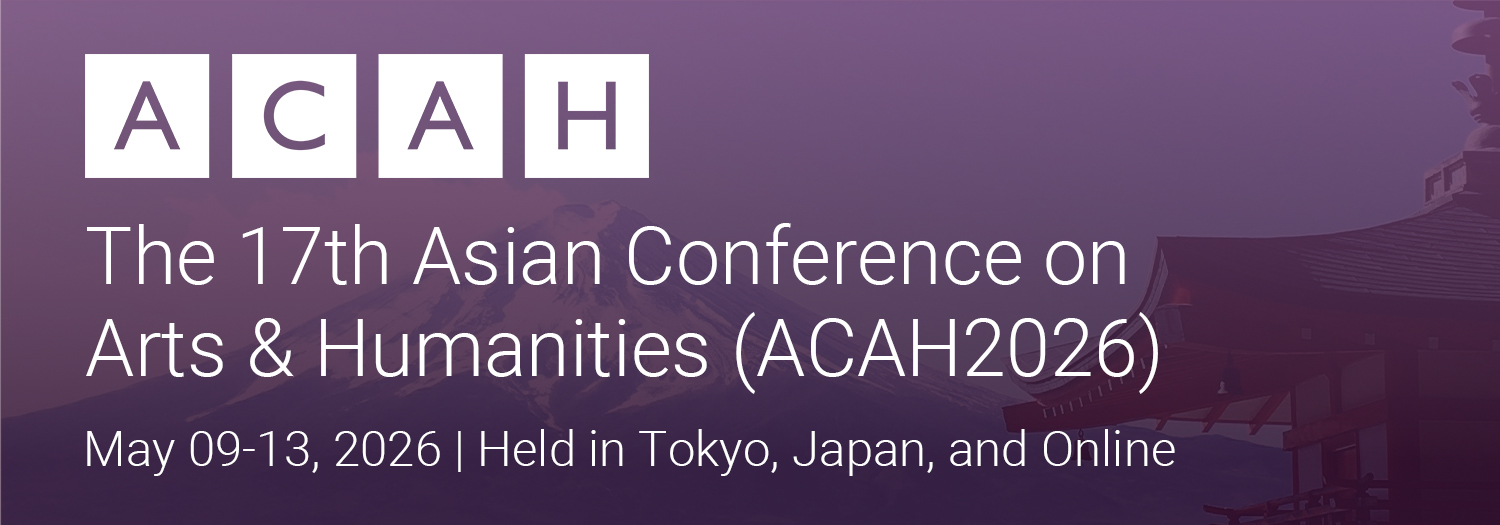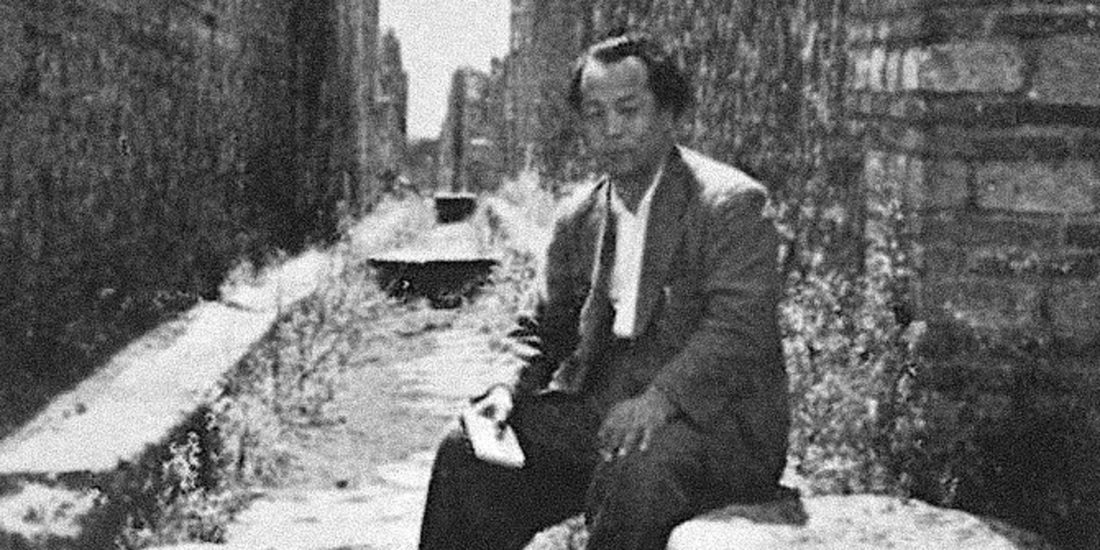Hino Ashihei (1907-1960), one of the most popular Japanese writers during the wartime, is known for a series of ‘soldier novels’. After receiving the Akutagawa Prize in 1937, he was relocated to the information corps to accompany the Japanese army to the battle fronts of China and South Asia, and portray soldiers on battle field. His best-selling book, Mugi to Heitai (Soldier and Wheat, 1938) sold over a million copies and was translated into several languages. Hino’s reputation, however, dramatically reversed when the war ended with Japan’s defeat. During the Allied Occupation period, Hino was accused of war effort and was purged by GHQ.
Although little attention has been paid to Hino’s postwar writings, his literary career in the 1950’s is quite intriguing. He had traveled to India and China as a representative of Japanese literary circle to participate in international interchanges among writers. And in 1958, he traveled across America for two months. What he did and saw in America is well described in his travel essay Amerika Tankenki (1959). Strikingly, Hino in this essay clarifies that this visit was on the invitation from the U.S. Department of State. What does it imply and what had it bring about in Hino’s literature? In the 1950s, the U.S. government, in cooperation with private foundations, was promoting cultural interchanges between the U.S. and Japan to counter communist influence. My presentation attempts to analyse Hino’s visit to the U.S. together with Amerika Tankenki in the context of the U.S. cultural diplomacy during the cold war period.
Photo | Hino Ashihei

